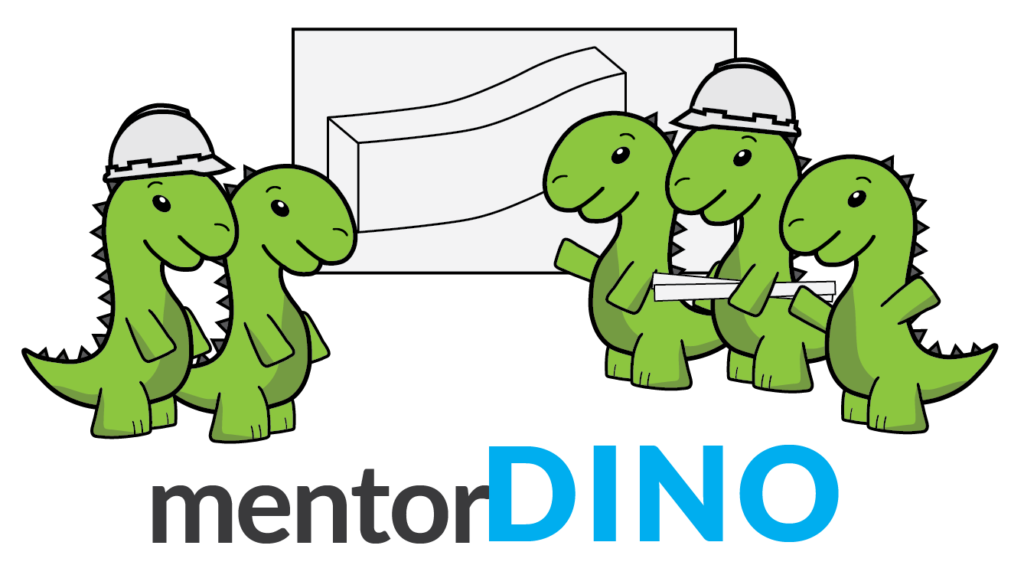Welcome to the Architectural Registration Exam (ARE) experience stories series! This series is to share experiences, timelines and advice of professionals that have completed their AREs. We know it can be a daunting task to get started and overwhelming on the number of resources out there. We hope you find this information helpful in organizing how you proceed through your exams. Good Luck!
This is the experience, timeline, and advice from:
Seth Duke, AIA
Seth Duke is an architect based in Cleveland, Ohio. After initially receiving a Bachelor of Science in Engineering from Case Western Reserve University he pivoted into architecture and received his Masters of Architecture with an Emphasis in Interior Architecture from the School of the Art Institute of Chicago.
After graduate school Seth returned to Cleveland to work and currently works for Bialosky Cleveland working across a variety of project types, including not only new construction but also historic preservation and adaptive reuse projects.
Outside of work Seth has been on the AIA Young Architects Forum national committee as a representative for both the Ohio Valley Region and currently the state of Ohio. When not tied up with work or AIA you can find him training for a triathlon, rock climbing, or just relaxing at home with his wife and two dogs.
“While it’s not always easy as an emerging professional to commit the money to exams and study materials, I think that commitment provided me an impetus not to dawdle.”
Exam Order
| May 5, 2017 | In Person | PcM | Pass |
| December 4, 2017 | In Person | PjM | Pass |
| February 5, 2018 | In Person | P&A | Pass |
| February 7, 2019 | In Person | PPD | Pass |
| April 18, 2019 | In Person | PDD | Pass |
| May 10, 2019 | In Person | C&E | Pass |
Advice for you!
I often get asked “why do I need to get licensed?”. Why did you decide that you wanted to be a licensed Architect?
For me, getting licensed was always my goal. I wanted the flexibility to be able to start my own practice should I choose to do so. But even if I never do, I want to have the ability to move into a leadership role to responsibly oversee projects from start to finish.
Often people don’t know where to start, do you have any advice for those looking to start their exams -or- how did you start?
It sounds simple, but just getting started is the best way to start. I would advise people to start earlier rather than later. While you will pick up some things in your work that will help you on the exams, you will still need to study to understand how the exams work and how they are trying to test your understanding. The longer you wait, the more difficult it is to get started, as your career and often your personal life start to get busier.
While it’s not always easy as an emerging professional to commit the money to exams and study materials, I think that commitment provided me an impetus not to dawdle. It set a date on the calendar and pushed me to get through study materials in that time.
What type of study materials did you use? Any particular ones that you’d recommend?
I’ve found that what works best for you is really based on your learning style. For me, I knew that just trying to read a study book would be more difficult, so I used Black Spectacles for most of my studies. The ability to watch a lecture and take notes worked better for me than just reading, and I think they do a good job at explaining the concepts and logic behind what the AREs are testing.
My office also had some physical study books, and I used the practice quizzes and practice tests in those closer to my exam to get a feel for the types of questions and to go back and review the answers to questions where I struggled.
How did you fit study time into your schedule? Was there anything in particular that worked well for you?
Setting a deadline in the form of signing up for an exam provided a helpful schedule. And since I was primarily using Black Spectacles, I would set the date for my exam based on how many hours of study materials were available for that particular test. From there it was a matter of breaking it up into manageable chunks to tackle over evenings and weekends.
While everyone’s schedules and life circumstances are different, in general you’ll have more time available outside of work earlier in your career. The more you advance in the profession and the older you get, typically the less free time you have available. That’s not to say you can’t make time as you get busier, but you may have to stretch things out.
How did you fit study time into your schedule? Was there anything in particular that worked well for you?
Play to your strengths. You don’t have to do the exams in a particular order or use particular study materials. Find a study system that works for you and set realistic goals for finding times to study between when you start and the date your exam is set.
We hope that this information helps you through our ARE journey, setting goals, and giving you some insight on how to get started.
Thank you again to Seth Duke for sharing your story!
Edited by
Katelyn Rossier, AIA, NCARB, LSSBB
Want to share your ARE Story?
Contact us!


